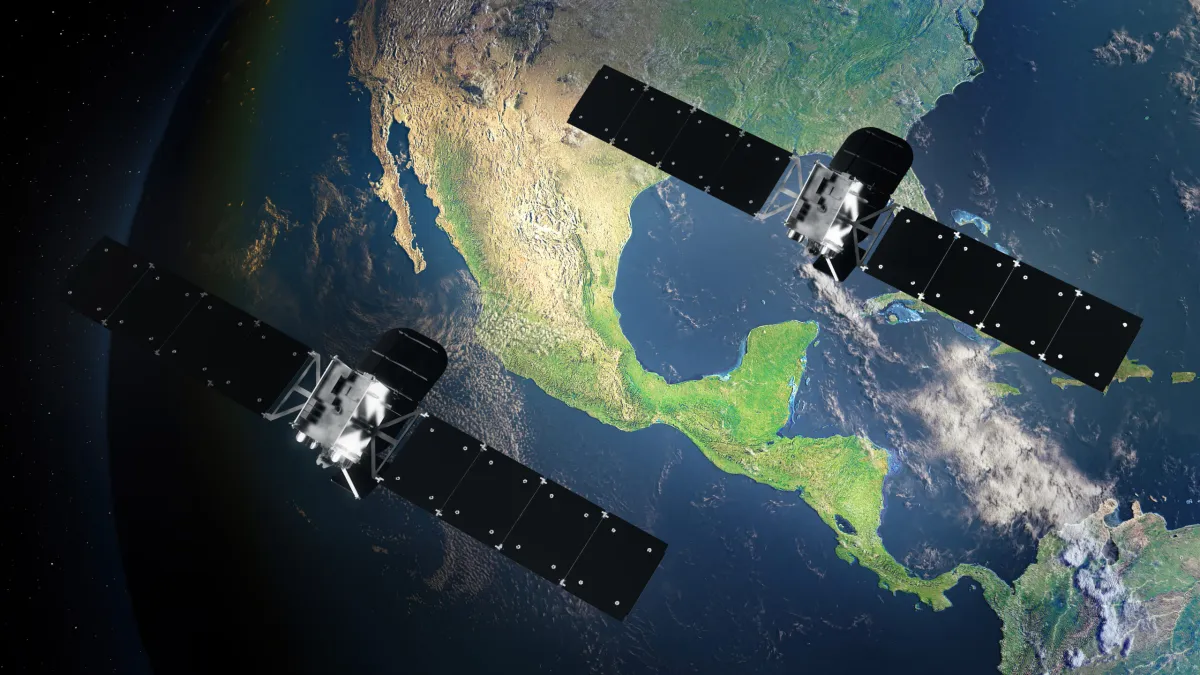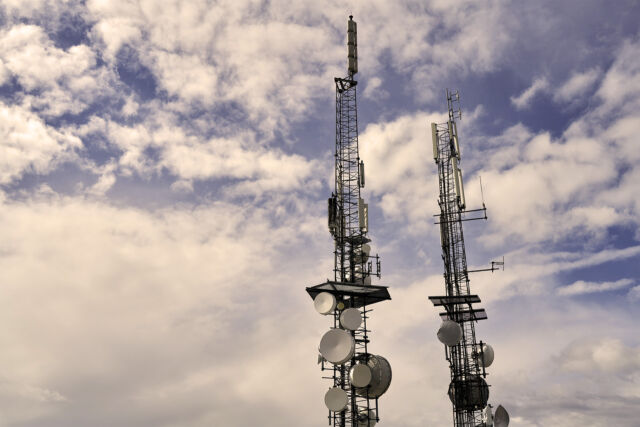Astranis, a San Francisco-based company, has signed a deal to provide dedicated internet service to the Philippines, marking the first time the archipelago nation has done so.
Astranis will partner with Orbits Corp (Satellite provider) to buy capacity from Philippine ISP HTechCorp., although the financial details of the contract have not been disclosed.
In an interview with CNBC, Astranis CEO John Gedmark said they plan to use this capacity to connect hospitals, schools, and community Wi-Fi centers.
“We estimate that we will get up to 2 million people connected, having access to this broadband internet that they didn’t have before,” Gedmark added.
Astranis plans to launch the satellite in 2024 to provide service to the Philippines, marking the latest step in its global campaign to serve underserved communities.
The first satellite will serve Alaska, with another expected to reach 3 million people in Peru.
Astranis Connnectivity Plan for Philippines
The Philippines faces challenges in broadband service due to its population of over 100 million population and 7,000 mountainous islands.[1]
“There are over 20 typhoons in the Philippines every year, and given the archipelago’s position in the Ring of Fire, other natural disasters often test the resolve of Filipinos, whether they live in Metro Manila or a rural community like Barangay Caagutayan,” Gedmark said.
“Fiber lines flood; microwave towers fall over; and often the entire country is left to rely on satellite internet services to remain connected and safe,” he added.
Astranis’ microGEO satellite, set to launch in 2024, offers a unique solution compared to other satellite internet providers.
The San Francisco-based startup operates small satellites in geosynchronous orbit, providing continuous access to a large geographical area.
This fixed position allows the satellites to maintain a fixed position relative to their location, allowing them to offer a more efficient and reliable service.
Astranis will partner with local telecommunications and internet service providers to sell broadband capacity, unlike single subscriptions like SpaceX’s Starlink.
This makes the company’s broadband suitable for connecting hospitals, schools, and industrial centers, as well as individual devices.
References
- Michael J Sheetz, ‘Astranis to bring satellite internet to 2 million people in the Philippines next year’, CNBC, 11 July 2023, https://www.cnbc.com/2023/07/11/astranis-satellite-internet-coming-to-the-philippines-next-year.html[↩]





